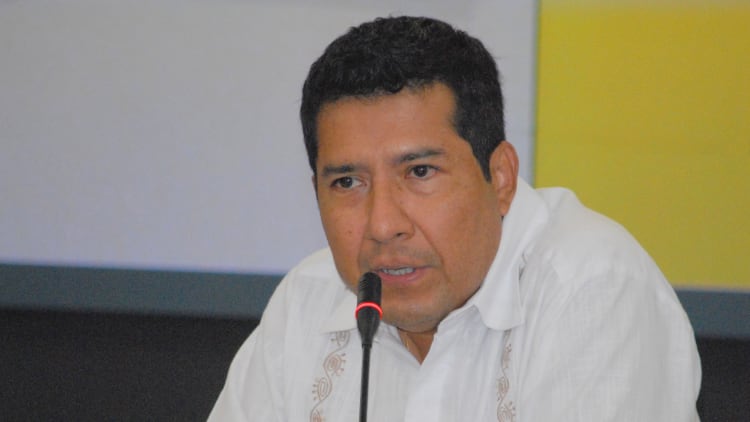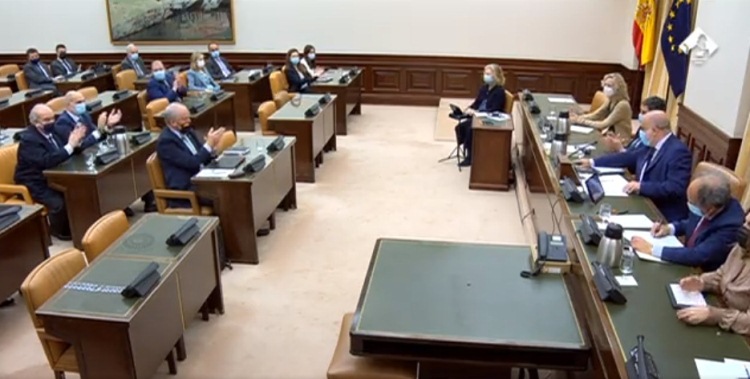Luis Ayllón
The Nicaraguan government has informed the Spanish authorities of its decision to withdraw its ambassador in Madrid, Carlos Midence, due to the “continuous pressures and threats of interference” it considers it is receiving.
The decision was conveyed yesterday in a letter sent by the Nicaraguan Minister of Foreign Affairs, Denis Moncada, to the Spanish Ministry of Foreign Affairs, in which he states that the reason for the withdrawal of the ambassador’s functions is that the aforementioned “pressures and threats of interference” that he claims he is suffering “make it impossible to carry out diplomatic work”.
Sources from the Department headed by José Manuel Albares told The Diplomat, however, that the departure of the ambassador is due to the refusal of Daniel Ortega’s government to accept the return of the Spanish ambassador in Managua, Mar Fernández-Palacios, which the Ministry of Foreign Affairs had announced several weeks ago.
According to the same sources, in view of this refusal, the Ministry summoned Ambassador Midence yesterday afternoon to inform him that, ‘given the existing asymmetry’, the principle of reciprocity would be applied and that his credentials would be immediately withdrawn.
Before this withdrawal was carried out and the ambassador’s expulsion took place, the Nicaraguan government decided to withdraw his credentials. Carlos Midence, a writer and specialist in Hispanic American history and Rubén Darío, had presented his Letters of Credence to the King in January 2017.
The Spanish ambassador in Managua was recalled for consultations by the Spanish government on 11 August last year, in response to a harsh communiqué from the Nicaraguan Foreign Ministry denouncing ‘cynical and continuous interference’ in its internal affairs, referring to the ‘state terrorism’ of the GAL and the situation in Catalonia.
Spain has always maintained a firm position towards Daniel Ortega’s regime, and has repeatedly demanded the release of political prisoners. Moreover, like many other countries, it has described as “electoral fraud” the elections held in November in which opposition candidates were prevented from standing and Daniel Ortega was re-elected.
On 24 February, Ortega’s government sent a letter to Spain protesting against statements made by Minister Albares, which it described as “insolent, anachronistic and outdated”, and asking him to stop “interfering in the decisions and actions of a sovereign state”.







